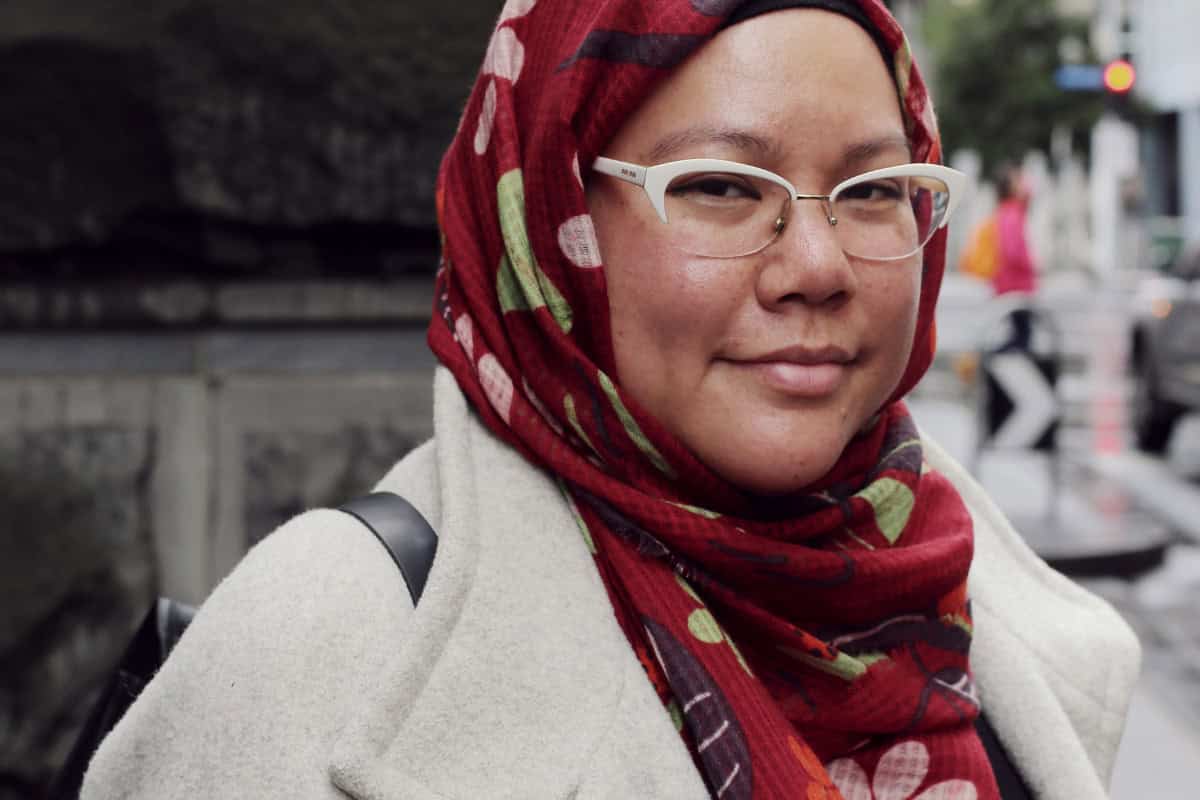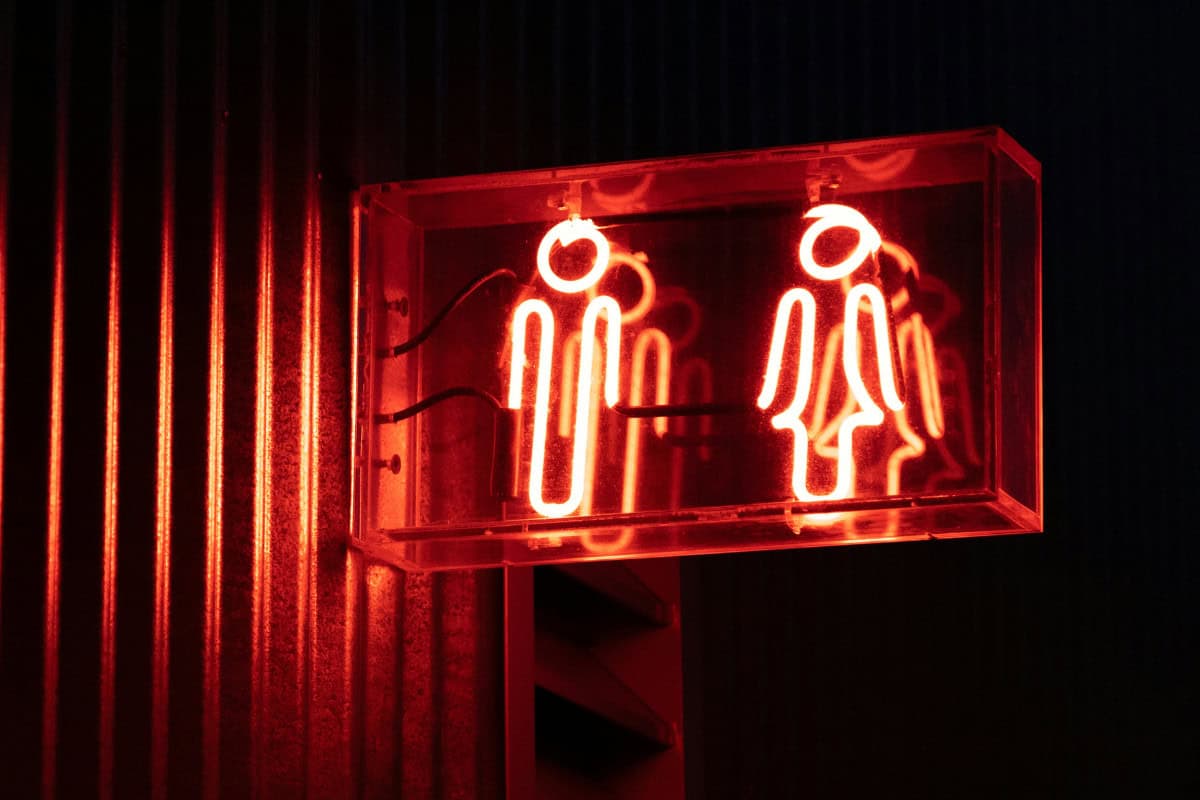
Uncovering a tradition of female thinkers
Plato, Aristotle, Descartes, Kant, Rousseau, Machiavelli, Dante, Hobbes. All great philosophers, renowned through the ages. And all men. Reading standard histories and encyclopedias of Western philosophy, you could be forgiven for concluding that women played little or no part in the development of the beliefs, values, ethics and thinking central to our understanding of humanity.
In fact, as a more recent body of scholarship has revealed, women have made important contributions to the field since late medieval times. But their work was long considered of limited value, or not recognised at all.
Since the 1970s, feminist philosophers including Australia’s Genevieve Lloyd (the country’s first female philosophy Professor), Karen Green, Jacqueline Broad and Moira Gatens have been criticising the male domination of philosophy as well as highlighting an independent tradition of female thinkers – women whose breadth of interest and depth of insight equalled those of their male counterparts, whose theories they sometimes anticipated.
The Australian researchers have critiqued classic texts, and written back into history the likes of French author Christine de Pizan (1365–1431), Englishwoman Mary Astell (1666–1731), Elisabeth of Bohemia (the seventeenth-century “Philosopher Princess”) and eighteenth-century republican historian Catherine Macaulay.
Women of reason
As well as uncovering a wealth of evidence that women played a significant role in shaping modern philosophical thought, and actively participated in intellectual debates, this feminist school has challenged ingrained notions that reason and objectivity are male qualities, refuting the myth that philosophy is a man’s preserve.
Thinkers such as Marguerite de Navarre (sixteenth century), Madeleine de Scudêry (seventeenth century) and Mary Wollstonecraft (eighteenth century) used philosophical ideas to assert that women were men’s moral and intellectual equals, deserving of education and fair treatment within marriage. They were, perhaps, the first feminists. As Mary Astell famously asked in her 1706 treatise Reflections Upon Marriage:
“If all Men are born Free, how is it that all Women are born slaves?”
These early female philosophers also explored broader concepts, including political authority, freedom and virtue, ranging across such areas of inquiry as epistemology, cosmology and metaphysics. In addition to conventional essays, they expressed their ideas in poems, plays and novels, as well as sharing them in literary salons.
Spiritual equality, moral autonomy & the right to remain single
Well before Descartes propounded his mind-body dualism, Christine de Pizan cited the immateriality of the soul as evidence that men and women were spiritual equals. Elisabeth of Bohemia corresponded with Descartes. In the late eighteenth century, French philosopher Sophie de Grouchy wrote about positive and negative liberty (the absence, respectively, of internal and external limits), foreshadowing that often-discussed modern dichotomy. Gabrielle Suchon (1632–1703) argued for moral autonomy and women’s right to remain single in order to develop their minds.
The achievements of such women have been publicised in ground-breaking books such as Lloyd’s The Man of Reason (1984), Green’s The Woman of Reason (1995), Broad’s Women Philosophers of the Seventeenth Century (2002), Broad and Green’s History of Women’s Political Thought in Europe, 1400–1700 and 1700–1800 (2009 and 2014) and Gatens’s Feminism and Philosophy: Perspectives on Difference and Equality (1991).
Through their work, these feminist philosophers have helped to promote a modern culture of shared political and intellectual authority, encouraging women to become equal contributors to the way humanity understands itself.



